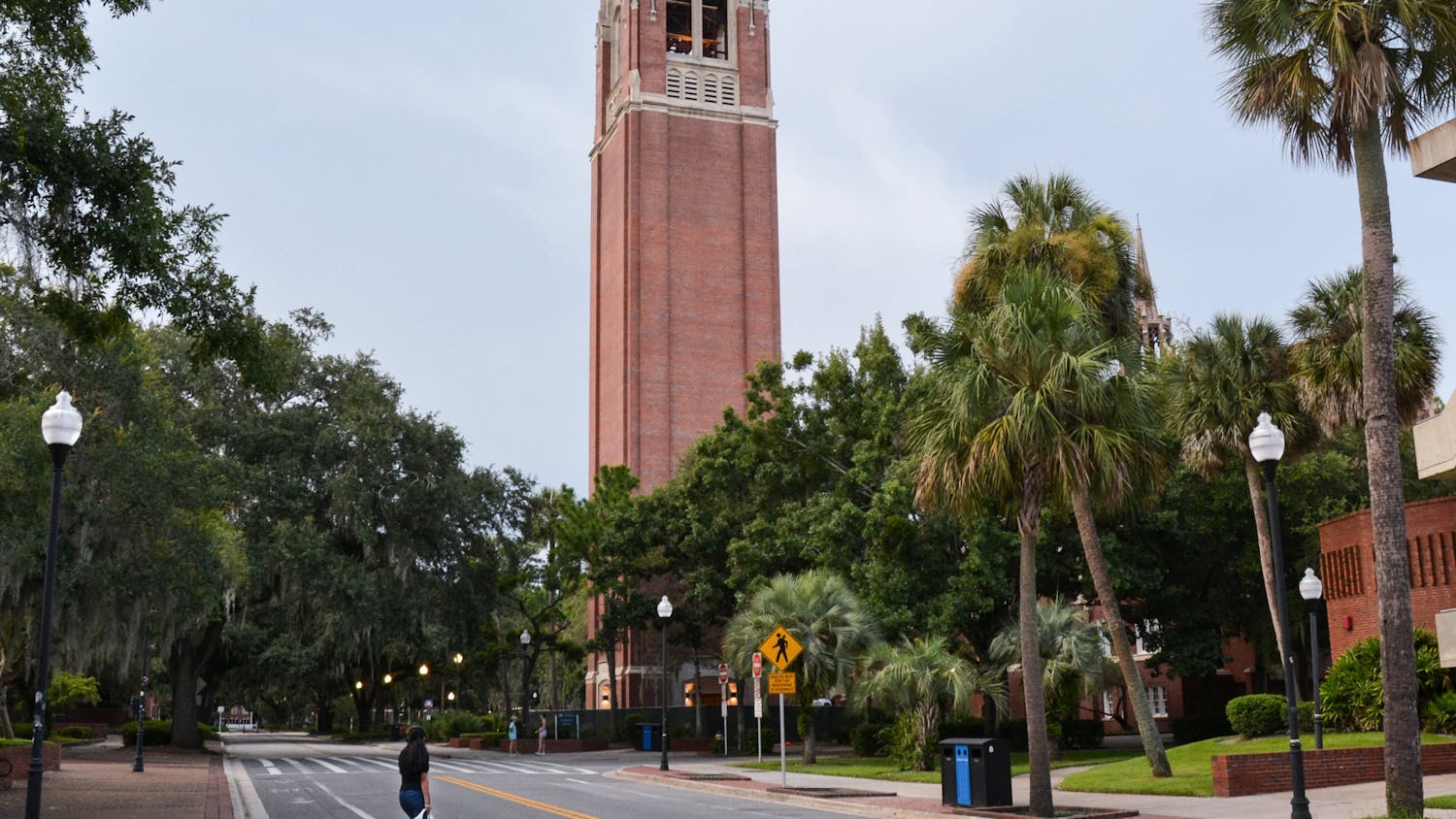Batteries could last longer and doctors could detect cancer sooner thanks to a new method for growing materials from nanorods developed by a team of primarily UF researchers.
A breakthrough in the field of nanochemistry, the results found by the team of 10 — one member was from Cornell University — could be used toward data processing and human medicine.
In the study, which was published in Friday’s edition of the journal Science, researchers discovered how to manipulate growth of nanoparticles into “superparticles.”
Charles Cao, UF associate professor of chemistry and an author of the study, said this has been the main direction of his research since joining the faculty in 2003.
While the technology for single nanorods is well-established, Cao said, the major discovery was finding how to assemble small particles into larger particles in a “controlled fashion.”
“Then we can use these objects in many applications — one being polarized light, LEDs,” he said.
Efficiency in polarized LED television and computer screens could increase by 50 percent.
“Eventually we are going to save energy,“ Cao said. “For example, a computer uses two watts of LEDs — we can save 1 watt of energy. Battery life will go from eight hours to 16 hours. You will be really happy.”
Cao said the study also has the potential to be used toward medical technology for early cancer detection.
“Because of how strong these particles are, they could — we haven’t demonstrated yet — but could provide diagnosis information of early cancer,” he said.
First-year pharmacy grad student Benjamin Duong, 20, said he looks forward to the medical advances that could be made from this discovery.
“Hopefully this will change the future in medicine,” said the secretary of the UF Chemistry Club. “Nanotechnology is a topic I would love to see grow, since it is a topic with so much potential at such a miniscule scale.”
Cao said the researchers are now focusing on other complicated systems concerning nanorods, including magnetic properties and other “really fancy work.”





